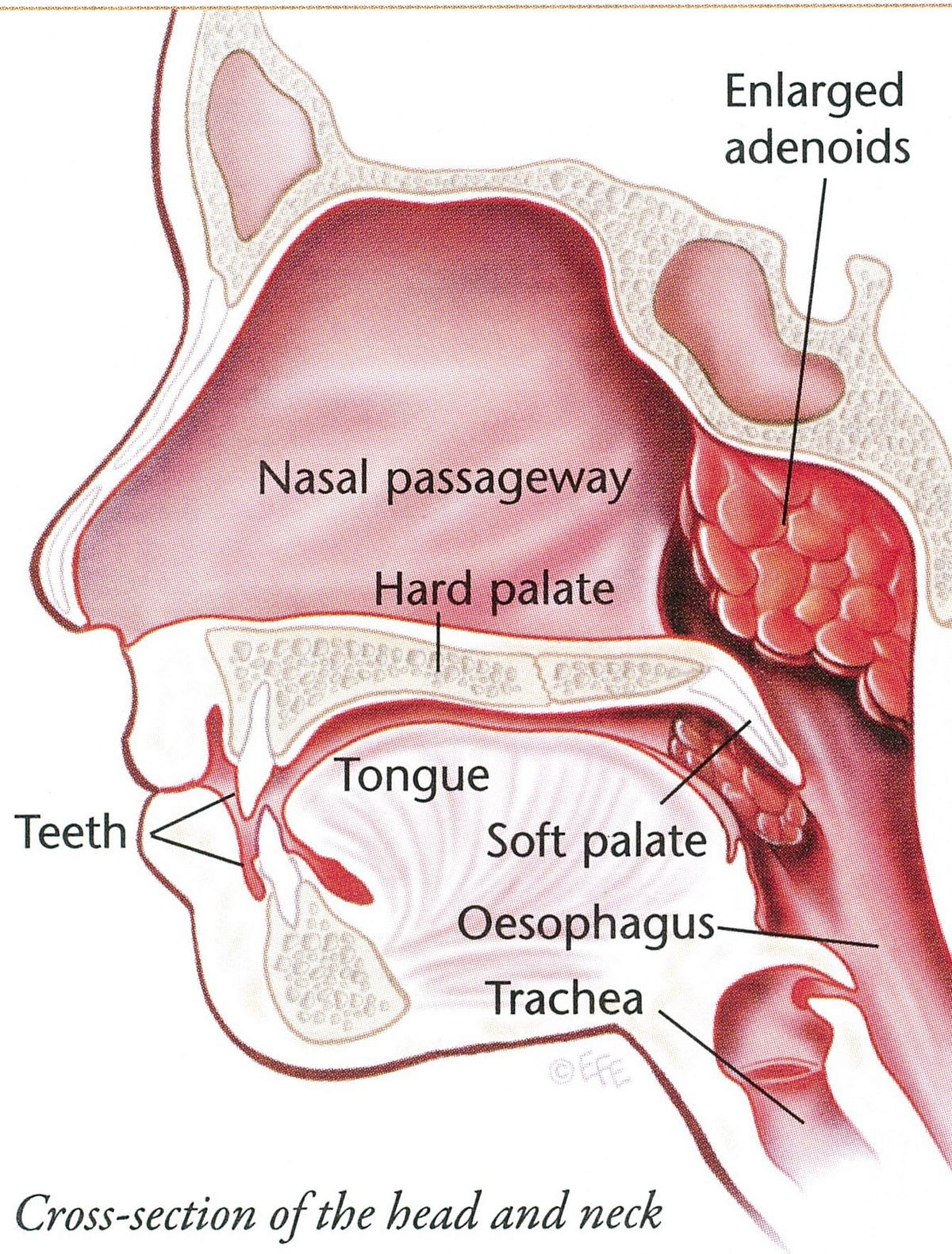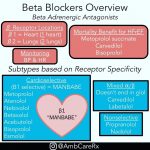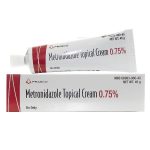
Contents
- 1 Adenoidectomy Surgical Procedure
Adenoidectomy Surgical Procedure
Your doctor has recommended an adenoidectomy for your child. The following information is provided to help you prepare for the surgery and understand the benefits, risks, and complications. Please feel free to ask your doctor any questions to better understand this procedure.
The adenoids are lymphoid tissue located behind the nasal passages. Adenoids may become enlarged or infected, causing breathing problems, snoring/sleep apnea, sinus or ear infections, and other issues. Adenoidectomy is a surgical procedure to remove the adenoids.
These instructions will help your child recover from the adenoidectomy. Taking care of your child can prevent complications. Your doctor will answer any questions you have regarding this material. If your child is having ear tube surgery in addition to the adenoidectomy, please refer to the article "Myringotomy" for more information.
Risks and Complications of Adenoidectomy
Your child’s surgery will be performed safely, but there can be risks and complications. Surgery outcomes vary, and there is no guarantee of results or absence of complications.
The following complications have been reported, but this list is not exhaustive. It is provided for informational purposes only:
- Failure to resolve ear or sinus infections, or relieve nasal drainage.
- Bleeding (rare); blood products or transfusion may be necessary.
- Permanent change in voice or nasal regurgitation (rare).
- Possible need for further, more aggressive surgery.
- Infection.
- Failure to improve nasal airway or resolve snoring, sleep apnea, or mouth breathing.
- Need for allergy evaluation, treatments, or environmental controls. Surgery does not replace allergy control or treatment.
Before Adenoidectomy Surgery
The surgery is usually performed as an outpatient procedure. An anesthesiologist will monitor your child. Preoperative laboratory studies, if ordered, should be done in advance.
Your child should avoid aspirin or non-steroidal anti-inflammatory medications (ibuprofen/Advil, naproxen/Aleve) before surgery. Acetaminophen/Tylenol is an acceptable pain reliever. Your doctor may prescribe pain medication before the surgery, so it’s best to have them filled beforehand.
Be honest with your child about the surgery, assuring them that it will make them healthier and that you will be there for them. Most children experience minimal pain after an adenoidectomy, and medication can provide relief.
Your child must fast for 6 hours before the surgery. If they are sick or have a fever, contact the doctor’s office. If your child has chickenpox, do not bring them to the office or surgical facility.
The Day of Adenoidectomy Surgery
Know the precise check-in time and allow sufficient preparation time. Your child should wear comfortable clothes and leave jewelry and valuables at home. They can bring a favorite toy or blanket.
During Adenoidectomy Surgery
In the operating room, the anesthesiologist will use a gas and intravenous medication for anesthesia. Your child will be continuously monitored. The surgical team, including a nurse and surgical technician, is prepared for emergencies. The adenoids will be removed through the mouth, and the base will be cauterized. The procedure typically takes less than 45 minutes.
After Adenoidectomy Surgery
After surgery, your child will be monitored in the recovery room. They can go home the same day once fully recovered from the anesthesia. It is important to feed them a light, soft, and cool diet, avoiding hot liquids for several days.
Antibiotics and pain medication will be prescribed. Finish the prescribed medications unless advised otherwise by the doctor. Do not administer any other medications without consulting the doctor.
Adenoidectomy Surgery Recovery
Schedule a checkup 10 to 14 days after the procedure.
Nasal stuffiness may persist for several months. Saline nose drops can help. Snoring may be louder temporarily, but the voice will return to normal. Nasal bleeding is rare, and minor bleeding can be managed with pediatric nose drops. If persistent bright red bleeding occurs, contact your doctor. Most patients require 7-10 days off from work or school.
Notify Your Doctor If Your Child Has:
- Sudden increase in nosebleed unrelieved by pressure, ice, and head elevation.
- Fever above 101.5 degrees F that persists despite increased fluid intake and acetaminophen/Tylenol.
- Persistent sharp pain or headache not relieved by prescribed pain medication.
- Increased swelling or redness of the nose or eyes.
Subscribe to MedicineNet’s Children’s Health & Parenting Newsletter
By clicking "Submit," I agree to the MedicineNet Terms and Conditions and Privacy Policy. I also agree to receive emails from MedicineNet and I understand that I may opt out of MedicineNet subscriptions at any time.
John A. Daller, MD, American Board of Surgery with subspecialty certification in surgical critical care
"Tonsillectomy and adenoidectomy in children: Indications and contraindications"
uptodate.com
"Tonsillectomy and adenoidectomy in children: Indications and contraindications"
uptodate.com


